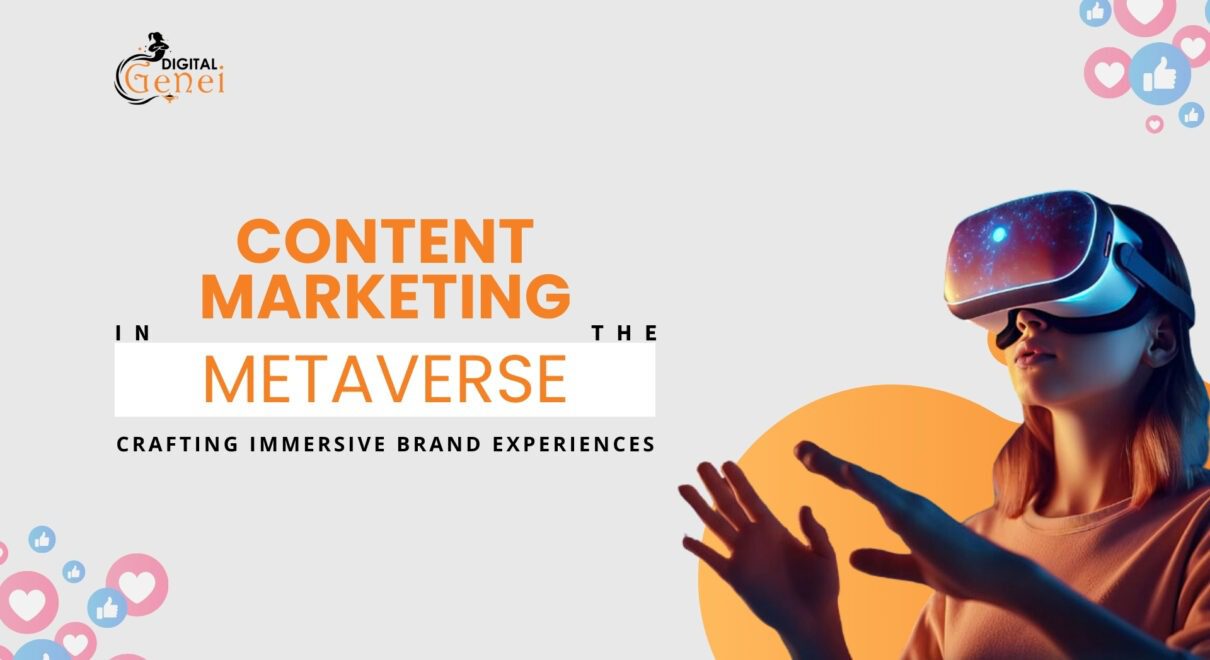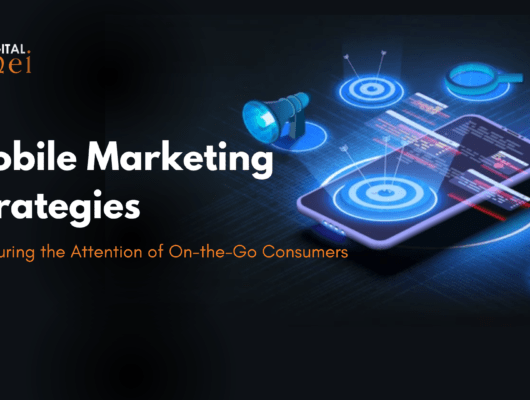The concept of the metaverse, a virtual shared space created by the convergence of physical and digital realities, has captured the imagination of marketers worldwide. As we venture further into this digital frontier, content marketing in the metaverse presents a unique opportunity for brands to engage audiences in immersive and interactive experiences. In this article, we’ll explore the potential of content marketing in the metaverse and strategies for crafting compelling brand narratives that resonate with virtual audiences.
1. Understanding the Metaverse
Before diving into content marketing strategies, it’s essential to grasp the concept of the metaverse. The metaverse is a collective virtual space where users can interact with each other and digital objects in real time, often using virtual reality (VR) or augmented reality (AR) technologies. It transcends traditional boundaries of space and time, offering endless possibilities for exploration, socialization, and creativity.
2. Embracing Immersive Experiences
One of the most powerful aspects of the metaverse is its ability to create immersive experiences that blur the lines between the physical and digital worlds. Brands can leverage this immersive environment to tell captivating stories, showcase products, and engage audiences in memorable ways. Whether it’s hosting virtual events, creating interactive games, or designing virtual showrooms, immersive experiences allow brands to forge deeper connections with their audience and leave a lasting impression.
3. Interactive Content Formats
In the metaverse, passive content consumption gives way to active participation. Brands can leverage interactive content formats such as 3D animations, gamified experiences, and interactive storytelling to engage audiences on a deeper level. By inviting users to become active participants in the narrative, brands can foster a sense of ownership and co-creation, driving higher levels of engagement and brand loyalty.

4. Personalization and Customization
Personalization has long been a cornerstone of effective marketing, and it’s no different in the metaverse. With advanced data analytics and AI-driven algorithms, brands can deliver hyper-personalized content experiences tailored to the preferences, interests, and behaviors of individual users. Whether it’s customizing avatars, recommending personalized products, or curating content based on user preferences, personalization enhances relevance and resonance in the metaverse.
5. Seamless Integration Across Platforms
The metaverse is not confined to a single platform or ecosystem; it encompasses a diverse array of virtual worlds, social networks, and digital experiences. To succeed in content marketing in the metaverse, brands must ensure seamless integration across platforms and devices. Whether users are accessing virtual experiences through VR headsets, mobile devices, or desktop computers, they should enjoy a consistent and cohesive brand experience across all touchpoints.
6. Community Building and Social Interaction
At its core, the metaverse is a social space where users come together to connect, collaborate, and share experiences. Brands can harness the power of community building and social interaction to foster meaningful relationships with their audience. Whether it’s hosting virtual meetups, facilitating user-generated content, or creating shared virtual spaces for fans to gather, community engagement is key to building brand advocacy and loyalty in the metaverse.
7. Measurement and Analytics
As with any marketing initiative, measurement and analytics are essential for evaluating the effectiveness of content marketing in the metaverse. Brands should leverage advanced analytics tools to track engagement metrics, audience behavior, and content performance across virtual environments. By analyzing data insights, brands can refine their content strategy, optimize campaign performance, and identify opportunities for innovation and growth in the metaverse.

Conclusion: Navigating the New Frontier
Content marketing in the metaverse represents a paradigm shift in how brands engage with audiences in the digital age. By embracing immersive experiences, interactive content formats, personalization, and community building, brands can create compelling narratives that resonate with virtual audiences. As we continue to explore this new frontier, the possibilities for innovation and creativity are limitless. By staying agile, adaptive, and forward-thinking, brands can establish a meaningful presence in the metaverse and shape the future of digital marketing.





